This is a letter to the San Mateo Daily Journal I wrote which was published on December 5, 2022.
I see the San Carlos City Council extended an emergency ordinance to come up with policies implementing SB9, a state law mandating some modest changes to address the housing crisis.
This strikes me as classic foot-dragging. It’s another step in the council’s long tradition of trying to whistle past the fact San Carlos has rarely, if ever, met even the previous, less-onerous housing obligations defined by the state.
I know this because I was part of that collective delusion when I was on the council. Until I learned just how bad the situation was and just how lousy a job we’d been doing. All the while reaping the financial benefits of more and more commercial development, retail development, hotel development, you name it, any kind of development. Other than our fair share of the housing for the people who staff all those places.
What our fellow Californians are trying to do, through the Legislature, is get us to maintain some degree of balance between economic growth – which fills our coffers and increases home values – and the desire of people to be able to live not too far from where they work. Which, by the way, will also significantly reduce highway congestion, and help slow down cooking the planet to death.
But I guess none of that is important enough to address quickly.
Mark Olbert
former mayor of San Carlos
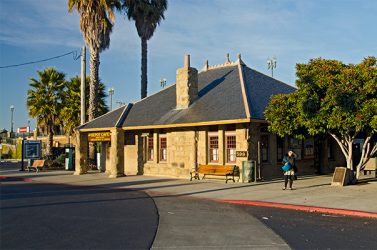
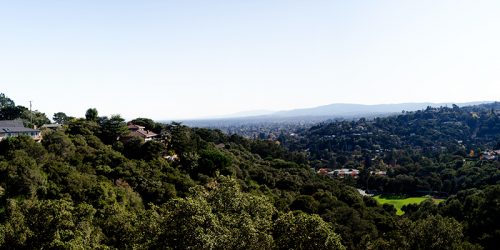

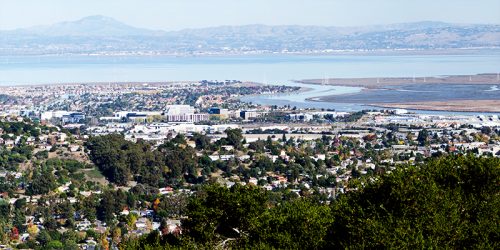
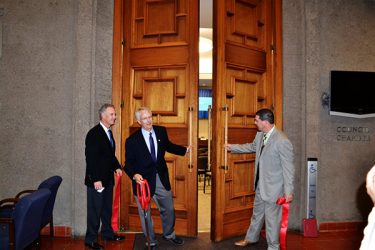
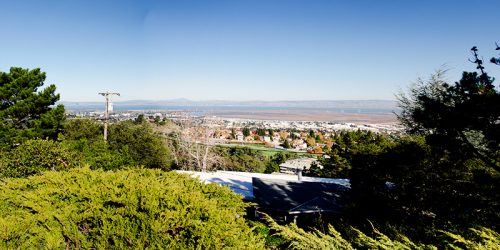
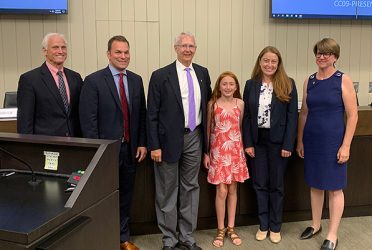


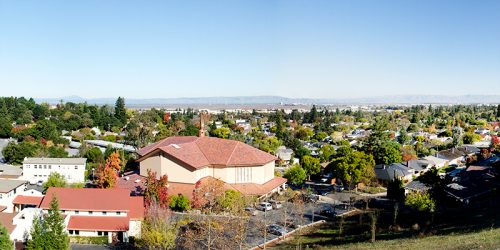
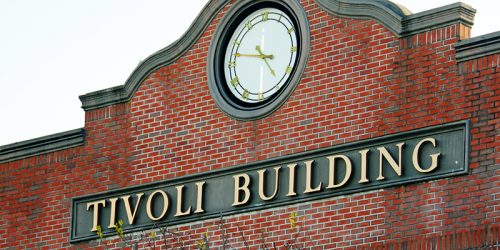
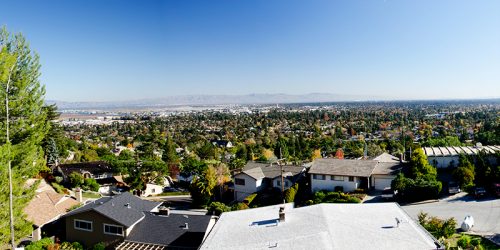

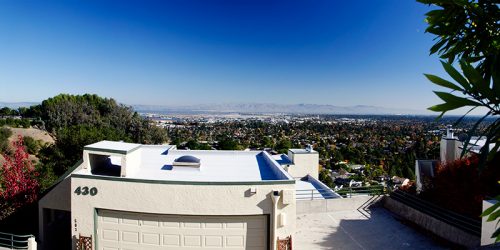

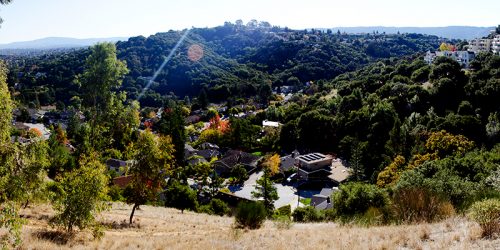
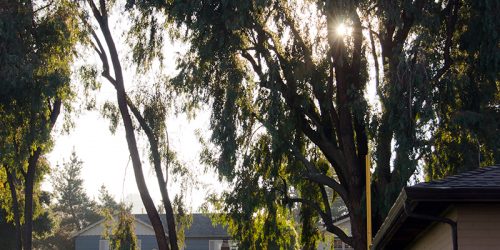
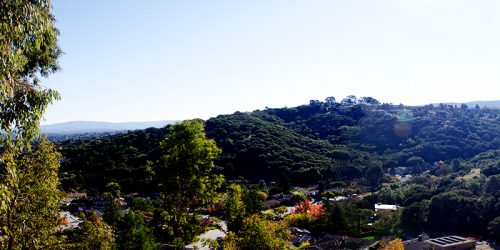

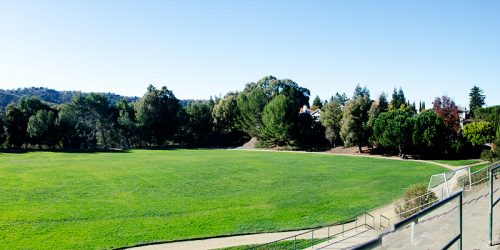
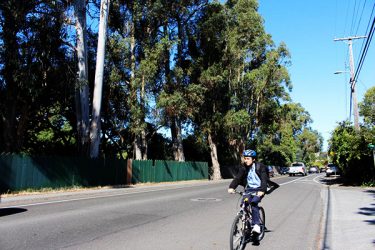


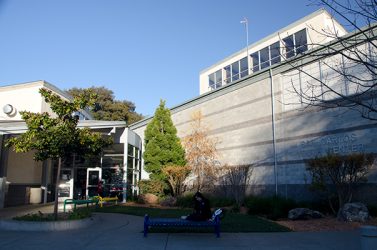


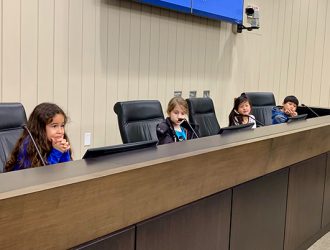


7 thoughts on “Slow-Walking Housing Policy”
Well said.
I’m attempting to address “workforce housing” through the homeowner as developer leveraging the ADUs laws. However, only ADUs smaller than 450 sqft can meet the criteria of renting for under $1800/mo while providing the homeowner with a return of at least 1.5-2% per month on their investment. But cities throughout SMC have regressive fees (sewer lateral, water sprinkler upgrade, electrical upgrades etc) that tack an additional 20 to 45% onto the building cost! … I’m seeking like minded folk to help present the vision and opportunity to the homeowner. See ~clerisity.com
Agreed. My impression is the city council is justifiably apprehensive about housing initiatives because some residents, often well-heeled and with ample free time and resources, are rabidly opposed to new housing especially affordable housing. It is happening in neighboring communities too. I just remember when charter learning center needed to build a new site and neighbors screamed and sued. That is why nothing in the larger public interest will ever be successful in San Carlos.
They’re continuing Mark Olbert’s tradition? Following in your footsteps? What kind of a leader was Mark Olbert? And why should we listen to him now?
I’d hardly call what they’re doing my tradition. In fact, I spent quite a bit of time in my last term on the Council trying to get it to take a more balanced, and fair, approach.
As for what kind of leader I was, that’s a matter of public record. Should you listen to me now? That depends on what might best be described as the reasonableness of what I say. Note that doesn’t mean whether you agree with what I say or not. It’s differences of opinion which are important.
As are other things. Like identifying yourself when you post comments on websites, particularly as regards matters of public policy. Which is why, I’m sorry to say, I don’t plan on spending any more time thinking about what you wrote. If you don’t have the courage to identify yourself, there’s a good chance you yourself don’t actually believe what you say. Which makes it not worth paying attention to.
What about the buildings across from wheeler parking and the buildings on cedar(?} off of laurel was designated for affordable housing.
Good question, Bob.
All multifamily projects in the city have to offer a portion of their units at prices (for either purchase or rent) deemed affordable (what defines “affordable” is a bit involved; if you want details, you can get them from city staff, or probably by searching online).
Developers used to be able to pay an in lieu fee instead, with those fees earmarked, and constrained, for the city to use in building affordable housing. That alternative was eliminated by the Council a few years back, at Sara McDowell’s suggestion, because having cities construct housing is a difficult and slow process.
What’s needed instead are policies which unleash private sector capital and interest in building housing, some of which must affordable and all of which goes towards shifting the supply/demand balance back to where there is enough of a range of housing options available for “everyone” to be able to afford.
One can view recent state actions as forcing that kind of policy re-think. Essentially, what the state did was say “Most of these local policies are counterproductive, and few, if any, of you communities are doing anything to rectify the situation. We’re taking back some of your authority over deciding how land within your borders can be used — which is a delegated authority from the state — and telling you what you must do in certain areas.” Which is why I point out that if local communities had been following state law — which has directed communities to maintain a reasonable jobs/housing balance for many years — the state would not have acted. The failure to act by local communities, which significantly negatively impacts the lives of many people, is what allowed the political power to do something to coalesce at the state level. If you don’t want your parents to limit when you can borrow the family car, don’t flagrantly flaunt their directions to drive safely :).
One other thing about affordable housing. You are correct that a portion of the new multifamily construction in San Carlos is required to be affordable. But the total number of units is far below what is needed to rebalance the local jobs/housing situation. Put another way, developers nowadays build as few affordable housing units as they can get away with under law. What we need is an environment where, however many units designated as affordable get built, enough housing overall gets built so the market price of housing declines to where more people can afford to live near where they work. Right now conditions are such that high-end/luxury stuff gets built instead — along with the required minimum of affordable units — because various local policies don’t make building “non luxury” units attractive to developers.